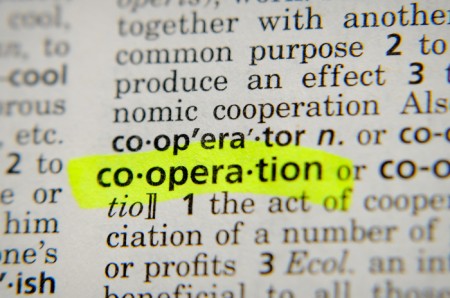
At a recent state dinner in London for visiting People’s Republic of China (PRC) Premier Li Keqiang, British Deputy Prime Minister Nick Clegg made a number of undiplomatic comments, saying that the people of China were “politically shackled” to a communist one-party state guilty of human rights abuses. Unsurprisingly, given this government’s economic drive, Downing Street distanced itself from the statement, with Michael Fallon, the business minister, saying that human rights should not “get in the way” of trade links. Instead, UK Inc. reported that BP and Shell were due to announce multi-billion dollar deals with PRC oil companies. Indeed, investment from the entire visit by the PRC delegation was said to be worth more than 18 billion pounds. That, it seemed, was that.




